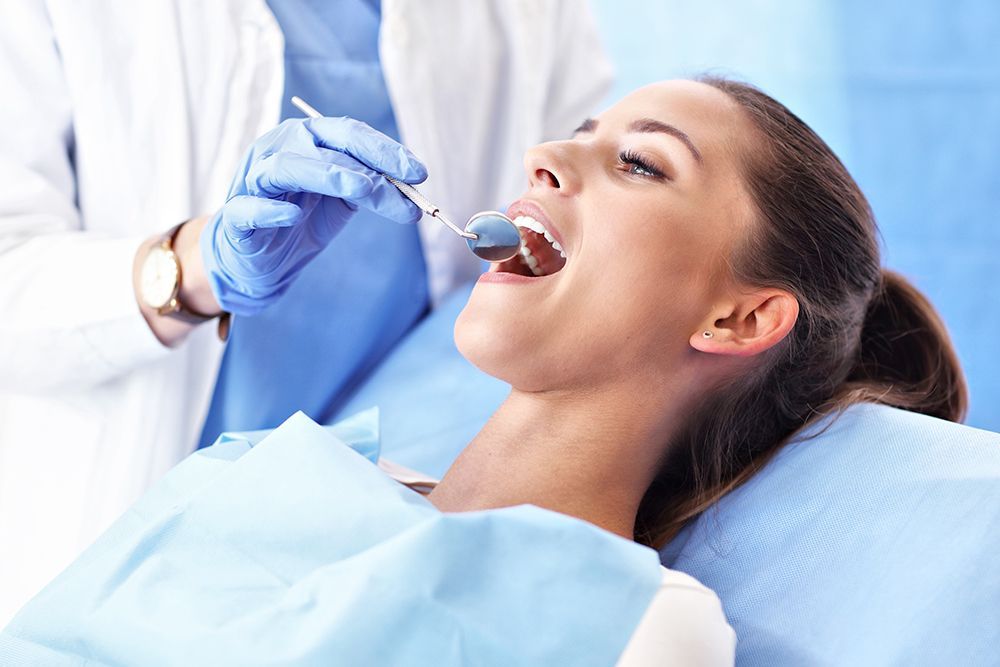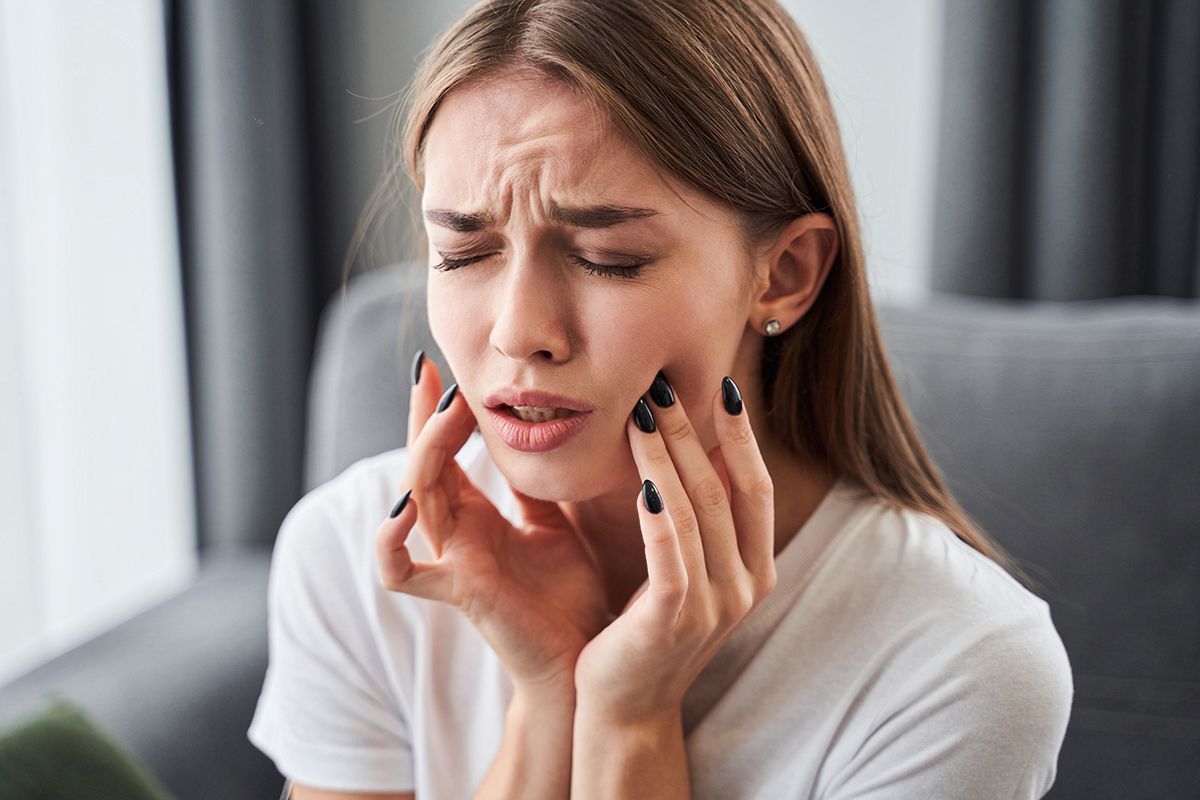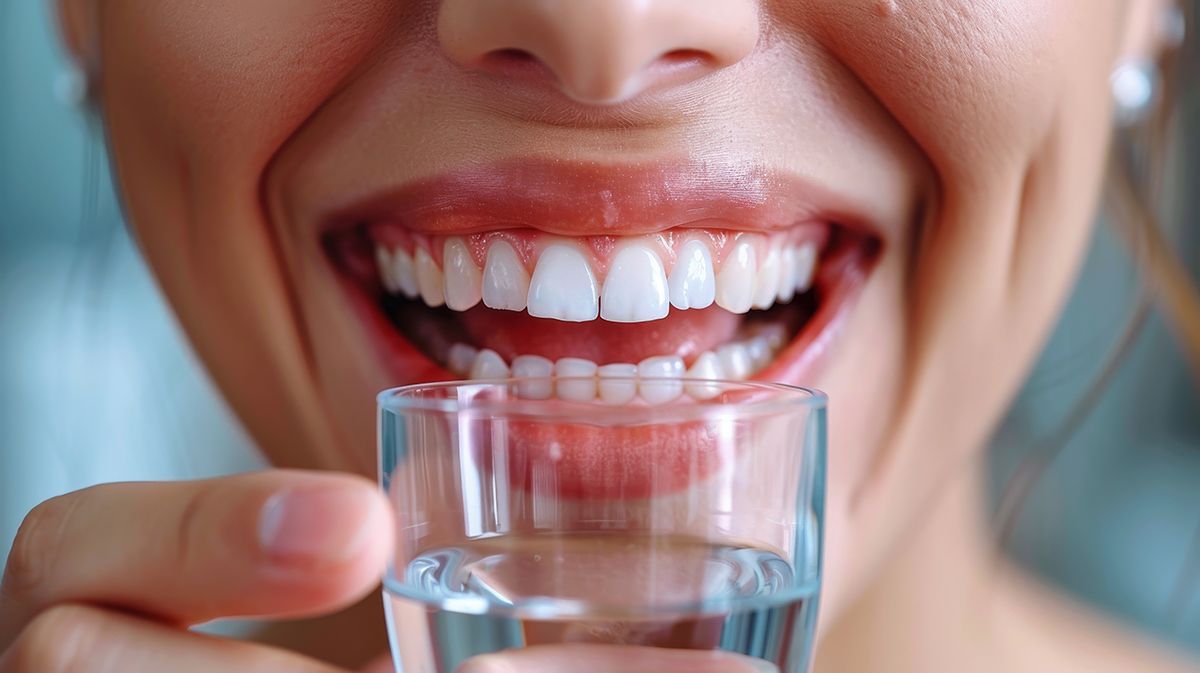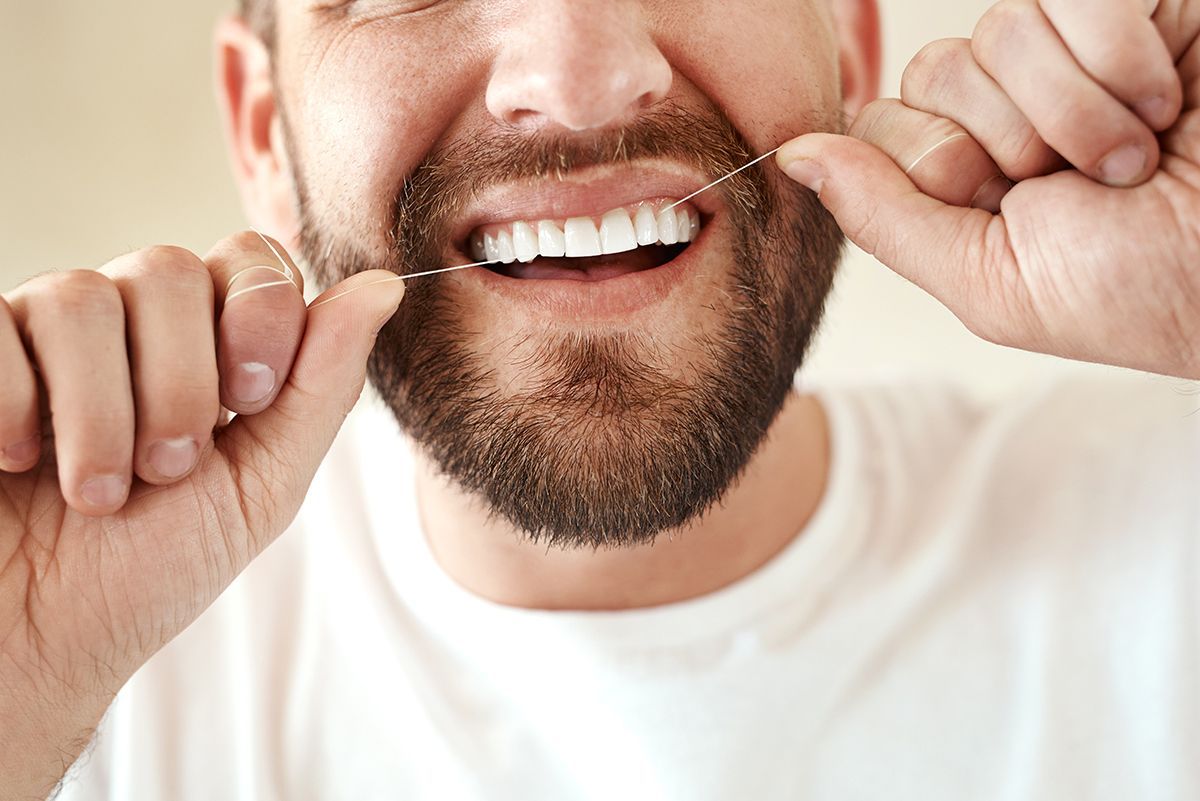The Risks of DIY Dentistry: Why Professional Care is Essential
In the age of online tutorials and easy access to information, the temptation to tackle tasks oneself is greater than ever. From home renovation to personal grooming, the DIY trend has swept across various domains. However, when it comes to dentistry, the stakes are exceptionally high. DIY dentistry, the practice of attempting dental procedures at home without professional supervision, poses significant risks to oral health and overall well-being. At Oadby Dental Clinic, we want to delve into the dangers of DIY dentistry and emphasise the indispensable value of professional dental care.
DIY dentistry seems like a money-saving option because it can be seen as cheaper than going to the dentist. However, it's crucial to understand that saving money shouldn't come at the expense of your dental health. Plus, with several financial options available, seeking professional help is now an option for everyone.
The dangers of DIY dentistry
- Inadequate knowledge and skill
Dentistry is a highly specialised field that requires extensive education, training, and experience. DIY enthusiasts lack the comprehensive understanding and technical skill needed to perform complex dental procedures safely. Without proper knowledge of anatomy, technique, and infection control, DIY attempts can lead to irreversible damage, infection, and complications. - Risk of infection
Improper sterilisation of instruments and inadequate infection control measures are common pitfalls of DIY dentistry. Contaminated tools and unsanitary conditions create a breeding ground for bacteria, increasing the risk of oral infections and systemic health issues. Professional dental facilities adhere to strict sterilisation protocols to ensure patient safety and prevent the spread of infectious diseases. - Potential for harmful substances
DIY dental kits often contain abrasive materials and chemical agents that can harm oral tissues and exacerbate existing dental problems. Overuse or misuse of whitening agents, acids, and abrasive tools can lead to enamel erosion, gum recession, and sensitivity. Professional dental products undergo rigorous testing and adhere to safety standards to minimise adverse effects on oral health. - Complications and emergency situations
In the event of complications during a DIY procedure, individuals may lack the necessary skills to manage emergencies effectively. Delayed treatment or improper intervention can exacerbate issues and result in severe pain, infection, or permanent damage. Professional dentists are equipped to handle emergencies promptly and provide appropriate care to mitigate risks and ensure optimal outcomes. - Masking underlying problems
DIY interventions often focus on symptom relief rather than addressing the root cause of dental issues. Temporary fixes such as filling a cavity or glueing a broken tooth fail to address underlying conditions that require professional diagnosis and treatment. Ignoring dental problems or attempting to mask symptoms can lead to the progression of disease and necessitate more invasive interventions in the future.

The value of professional dental care
- Expertise and experience
Dentists undergo rigorous training and continuing education to provide comprehensive oral care. Their expertise enables accurate diagnosis, personalised treatment planning, and precise execution of procedures. - State-of-the-Art technology
Dental practices utilise advanced technology and equipment to deliver optimal results and enhance patient comfort. From digital imaging to laser dentistry, technological innovations facilitate efficient and effective dental care. - Customised treatment
Each individual has unique dental needs and concerns that require personalised attention. Dentists tailor treatment plans to address specific issues and achieve optimal oral health outcomes. - Preventive care
Regular dental visits enable early detection of problems and implementation of preventive measures to maintain oral health. Professional cleanings, examinations, and patient education promote proactive dental care and reduce the risk of future complications. - Long-term health benefits
Professional dental care not only preserves oral health but also contributes to overall well-being. Healthy teeth and gums are essential for proper nutrition, speech, and self-confidence, enhancing quality of life and longevity.
While the allure of DIY dentistry may seem enticing, the risks far outweigh the perceived benefits. Attempting dental procedures without professional supervision poses serious dangers to oral health and overall well-being. From inadequate knowledge and infection risks to harmful substances and potential complications, DIY dentistry can lead to irreversible damage and costly consequences.
Professional dental care offers expertise, safety, and long-term health benefits that DIY methods cannot replicate. By prioritising regular dental visits and entrusting oral care to qualified professionals, you can safeguard your smile and enjoy optimal oral health for years to come. Remember, when it comes to dentistry, leave it to
Oadby Dental Care—your smile deserves nothing less.



